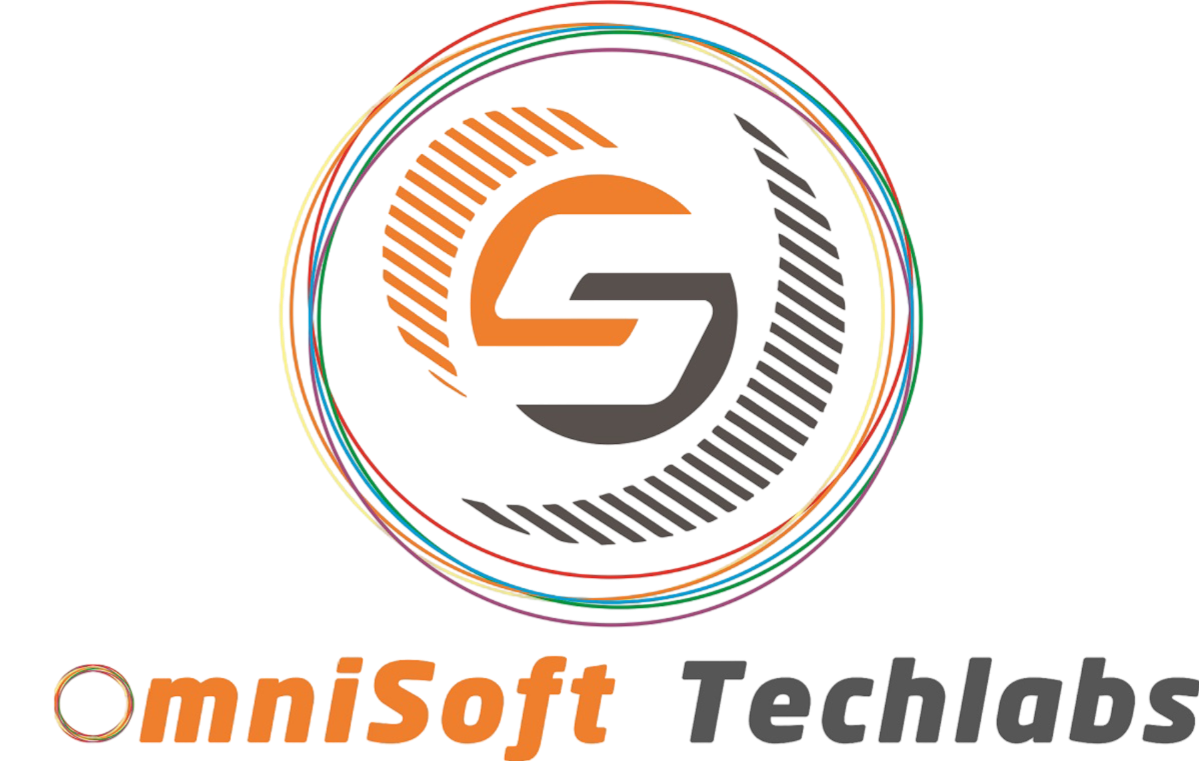Introduction
In the rapidly evolving landscape of business, the integration of technology into human resources (HR) has become a critical factor for organizational success. One of the most transformative technologies in this arena is machine learning. By leveraging machine learning, HR departments can streamline recruitment processes, enhance employee retention, and improve overall workforce management. This article explores the various applications of machine learning in HR, focusing on its impact on recruitment and employee retention.
Machine Learning in Recruitment
Automating Candidate Screening
One of the most time-consuming aspects of recruitment is candidate screening. Machine learning algorithms can sift through thousands of resumes and applications, identifying the most suitable candidates based on predefined criteria. These algorithms can analyze keywords, experience, skills, and other relevant factors, significantly reducing the time and effort required for initial candidate screening.
Enhancing Job Matching
Machine learning can improve the accuracy of job matching by analyzing both candidate profiles and job descriptions in detail. By understanding the nuances of both, machine learning models can recommend candidates who are the best fit for a particular role. This not only speeds up the recruitment process but also increases the likelihood of hiring candidates who will succeed in their roles.
Reducing Bias in Recruitment
Bias in recruitment is a pervasive issue that can hinder diversity and inclusion efforts. Machine learning algorithms, when properly trained, can help mitigate this problem by focusing solely on candidate qualifications and experience, rather than on potentially biased human judgments. This ensures a fairer and more objective recruitment process.
Machine Learning in Employee Retention
Predicting Employee Turnover
Employee turnover is a significant challenge for many organizations. Machine learning models can analyze various factors such as employee engagement, job satisfaction, performance metrics, and external market conditions to predict which employees are at risk of leaving. By identifying these risks early, HR departments can take proactive measures to retain valuable talent.
Personalized Employee Development Plans
Machine learning can also be used to create personalized development plans for employees. By analyzing individual performance data, learning styles, and career aspirations, machine learning algorithms can recommend targeted training programs and career paths. This not only enhances employee satisfaction and engagement but also fosters a culture of continuous learning and development.
Enhancing Employee Engagement
Employee engagement is crucial for organizational success. Machine learning can help HR departments understand the factors that drive engagement by analyzing feedback from surveys, social media interactions, and other sources. By identifying patterns and trends, organizations can implement strategies to improve workplace culture, communication, and overall employee satisfaction.
Implementation Challenges
Data Privacy and Security
One of the primary concerns with the use of machine learning in HR is data privacy and security. Organizations must ensure that employee data is handled with the utmost care and in compliance with data protection regulations. Implementing robust security measures and maintaining transparency with employees about how their data is used are essential steps in addressing these concerns.
Algorithm Bias
While machine learning can reduce human bias in recruitment, it is not immune to bias itself. If the training data used to develop machine learning models contains inherent biases, the algorithms can perpetuate these biases. Therefore, it is crucial to regularly audit and update machine learning models to ensure they remain fair and unbiased.
Integration with Existing Systems
Integrating machine learning solutions with existing HR systems can be complex and resource-intensive. Organizations need to invest in the necessary infrastructure and ensure that their HR teams are adequately trained to use these new technologies effectively. Collaboration between IT and HR departments is essential for a smooth implementation.
Conclusion
Machine learning has the potential to revolutionize human resources by enhancing recruitment processes and improving employee retention. By automating candidate screening, reducing bias, predicting employee turnover, and personalizing development plans, machine learning can significantly contribute to the overall efficiency and effectiveness of HR departments. However, organizations must address challenges related to data privacy, algorithm bias, and system integration to fully harness the benefits of this technology. As machine learning continues to evolve, its impact on HR will undoubtedly grow, paving the way for more intelligent and data-driven workforce management strategies.



